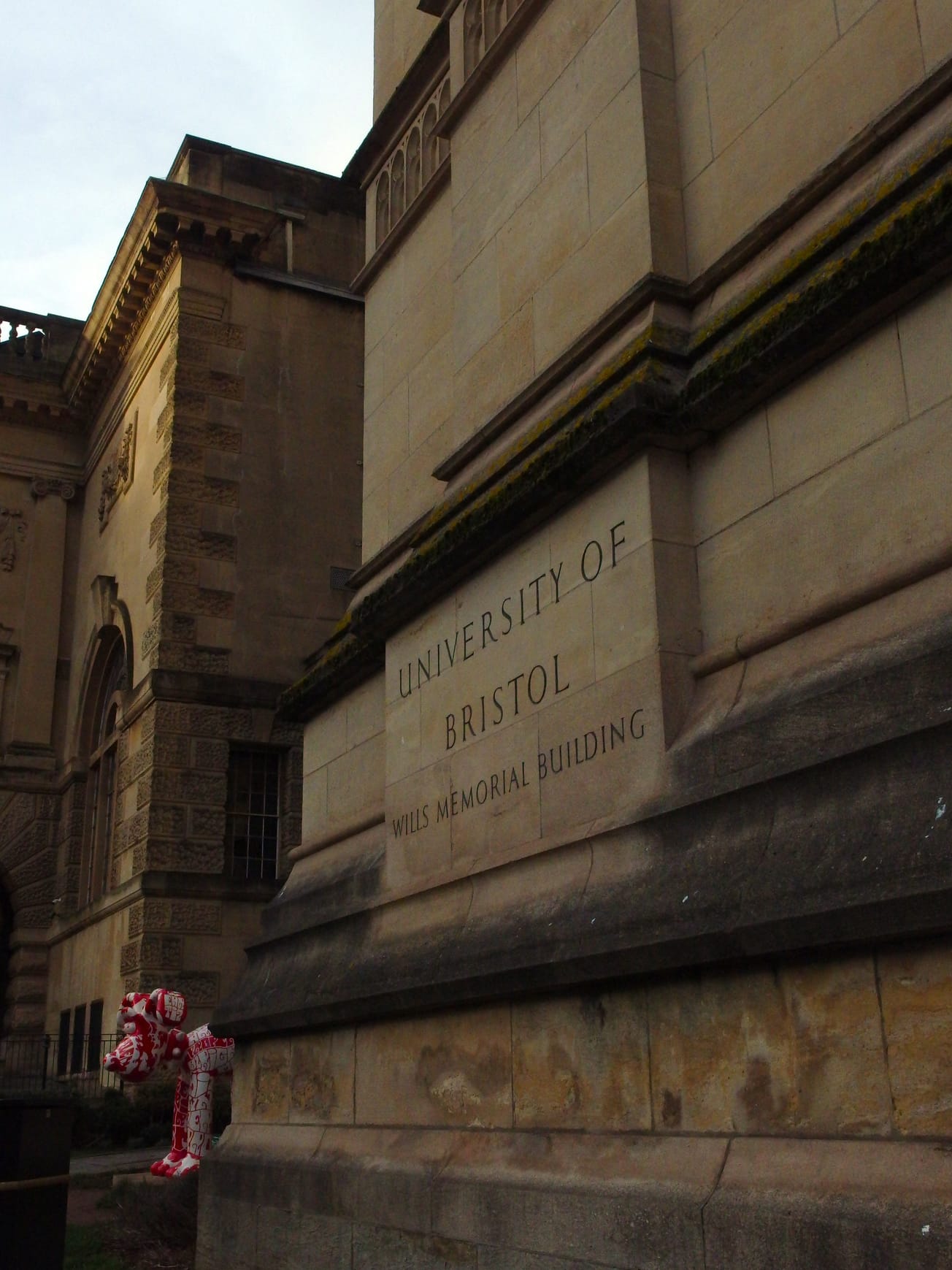By JohnJoe Stack, Second Year Maths
The value of a university degree has halved in the past 20 years according to new research.
The study, by the Higher Education Statistics Agency found that graduates born between 1989 and 1990 earned 11 per cent more than their non-graduate peers, however those born in 1970 only earned on average 19 per cent more.
Critics of higher education argue that the figures suggest that a university degree is no longer necessary in improving employability. In a statement, Chris McGovern, chairman of the Campaign for Real Education, said: ‘some degrees these days are disqualifications’ rather than ‘qualifications’ for employment.’
Authors of the report have suggested that the relative decline in the earning of graduates has ‘occurred relatively recently, mainly impacting on those born after 1987.’
The number of students graduating from university has increased by 430 per cent between 1990 and 2010, from 77,000 to 331,000.
Despite the relative fall in the overall value of degrees, recent research by jobs search engine Adzuna, found that graduates from leading UK universities could earn up to half a million pounds more over their lifetime that those who studied the same subject at less esteemed universities.
Analysis by the IFS, released in 2018, found that graduates from Russell Group institutions earned as much as £30,000 a year more, five years after graduating, that those at universities with the lowest average earnings.
The study also found that female graduates from Bristol earn 104% more than non-graduates, the 7th highest difference in the UK. Males were estimated to earn 79% more, the 9th highest difference.
Male Economics graduates of Bristol University receive a return of 179% compared to if they did not go to university. This is the highest return for any economics course at a UK university.
Featured Image: Unsplash / Jp Valery









